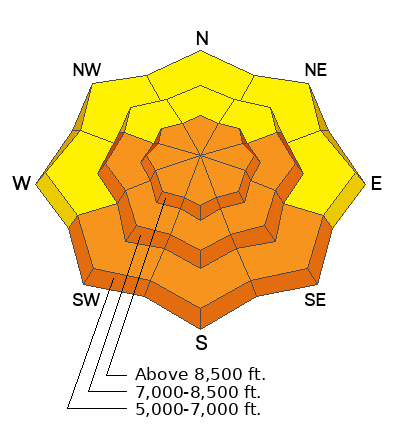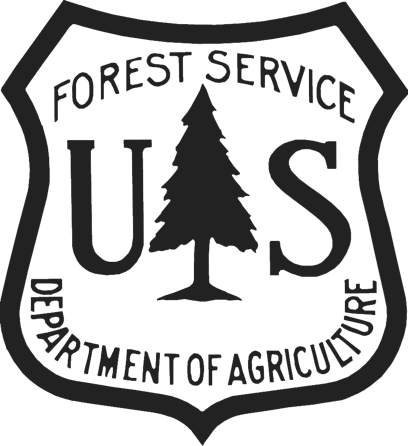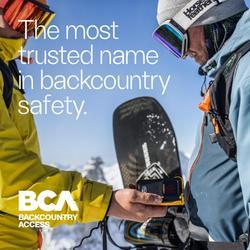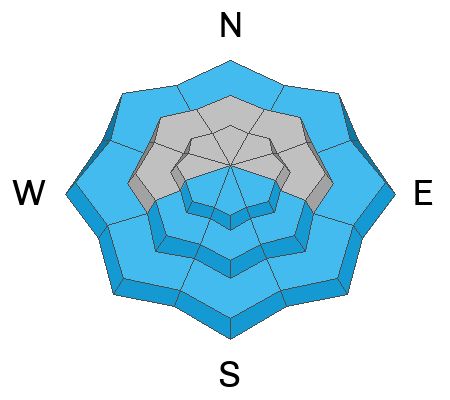Forecast for the Logan Area Mountains

Issued by Toby Weed on
Thursday morning, February 22, 2024
Thursday morning, February 22, 2024
Yesterday's heavy snow elevated avalanche conditions at all elevations. The danger is CONSIDERABLE on upper and mid-elevation slopes, with human-triggered avalanches likely and natural avalanches possible on slopes steeper than 30°. Loose and soft slab avalanches of storm snow are likely. People could trigger dangerous avalanches failing 2 or 3 feet deep on a thin, persistent weak layer that sits atop a melt-freeze crust. Wet avalanches, entraining heavy piles of moist new snow, are possible in most low-elevation terrain and will become likely on sunny slopes by midday.
Careful snowpack evaluation, cautious route-finding, and conservative decision-making are essential for safe backcountry travel. Avoid being on or under steep, sunny slopes with saturated new snow.

Low
Moderate
Considerable
High
Extreme
Learn how to read the forecast here







